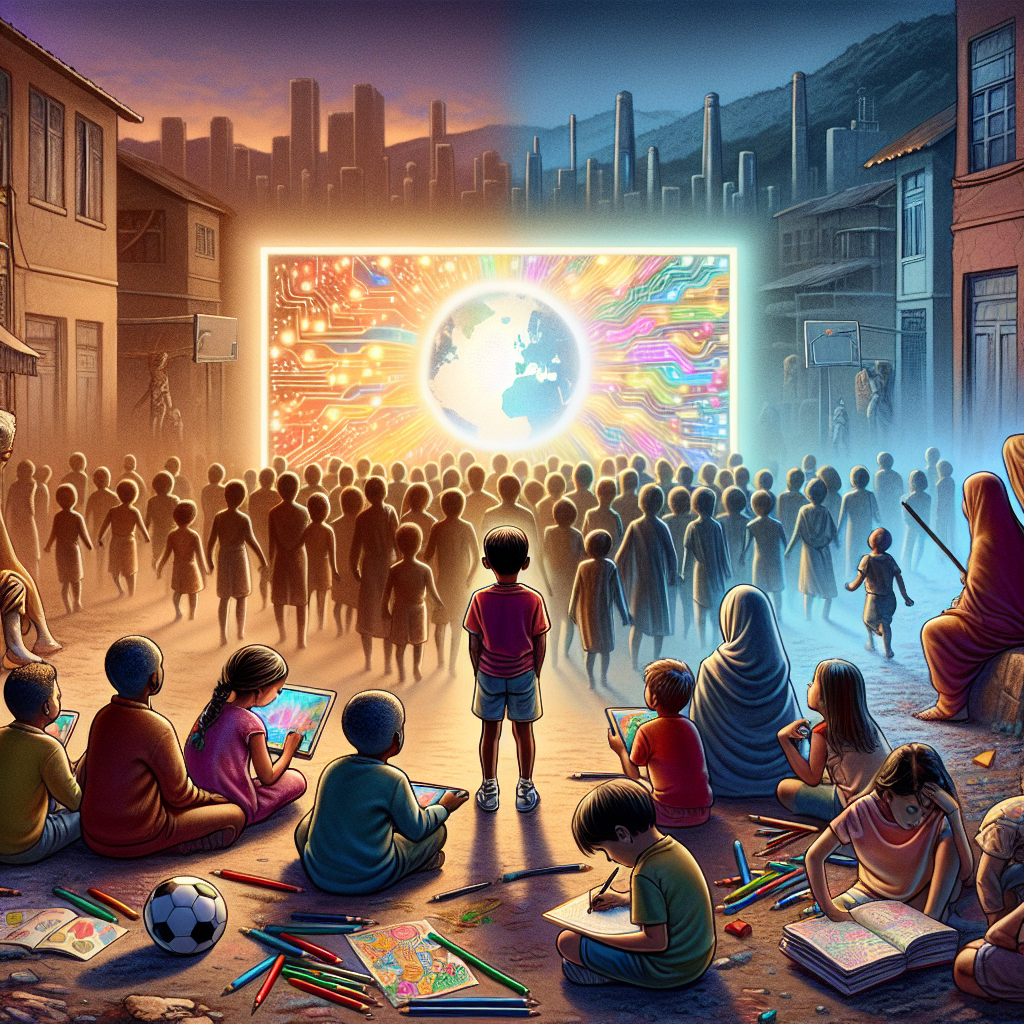How young is too young for the digital world?
This question truly weighs on many parents. It also sparks a massive debate. Our kids are growing up in an always-on era. Therefore, understanding online safety is crucial.
The Heart of the Story: YouTube’s Stance
A recent headline caught my eye. YouTube is making a last-ditch effort. They are lobbying the government. Specifically, they want to avoid a YouTube ban for under-16s. This proposed YouTube ban for under-16s comes from the UK government. It aims to protect young people online.
YouTube argues a different point. They say their platform is vital. It’s a “critical learning tool,” they claim. Moreover, they suggest it offers educational content. This argument sparks a fascinating discussion. Is YouTube truly an educational haven? Or is it a gateway to endless scrolling?
Beyond the Screen: Broader Implications
This debate extends far beyond YouTube itself. It touches on so many aspects of modern life. Firstly, consider mental health. Constant digital exposure can impact young minds. Attention spans may also suffer. As a result, real-world interactions might decrease.
Furthermore, there’s the ethical dimension. Who is responsible for children’s online safety? Is it parents, platforms, or the government? Different countries have different approaches. However, the core challenge remains universal. We must balance access with protection.
A Personal Reflection: Growing Up Analog vs. Digital
I often reflect on my own childhood. We spent hours outdoors. Play involved sticks, mud, and imagination. Screens were limited, mostly to TV. Today, it’s a very different landscape. My younger cousins, for example, navigate tablets effortlessly. They absorb content from a very early age.
This makes me wonder. Are we equipping them with the right skills? Digital literacy is paramount. Nevertheless, so is unstructured play. Finding that balance feels like a constant quest for parents. It’s a delicate dance between connection and disconnection.
Navigating the Digital Future Together
Ultimately, this conversation is complex. There are no easy answers. Platforms like YouTube do offer amazing resources. However, they also present challenges. It’s about empowering kids to be smart digital citizens. In addition, it’s about protecting their innocence.
What are your thoughts on this? Where do we draw the line for online access? Share your perspective in the comments below. Let’s discuss this vital topic together.
For a deeper dive into YouTube’s lobbying efforts, check out the full story here.



